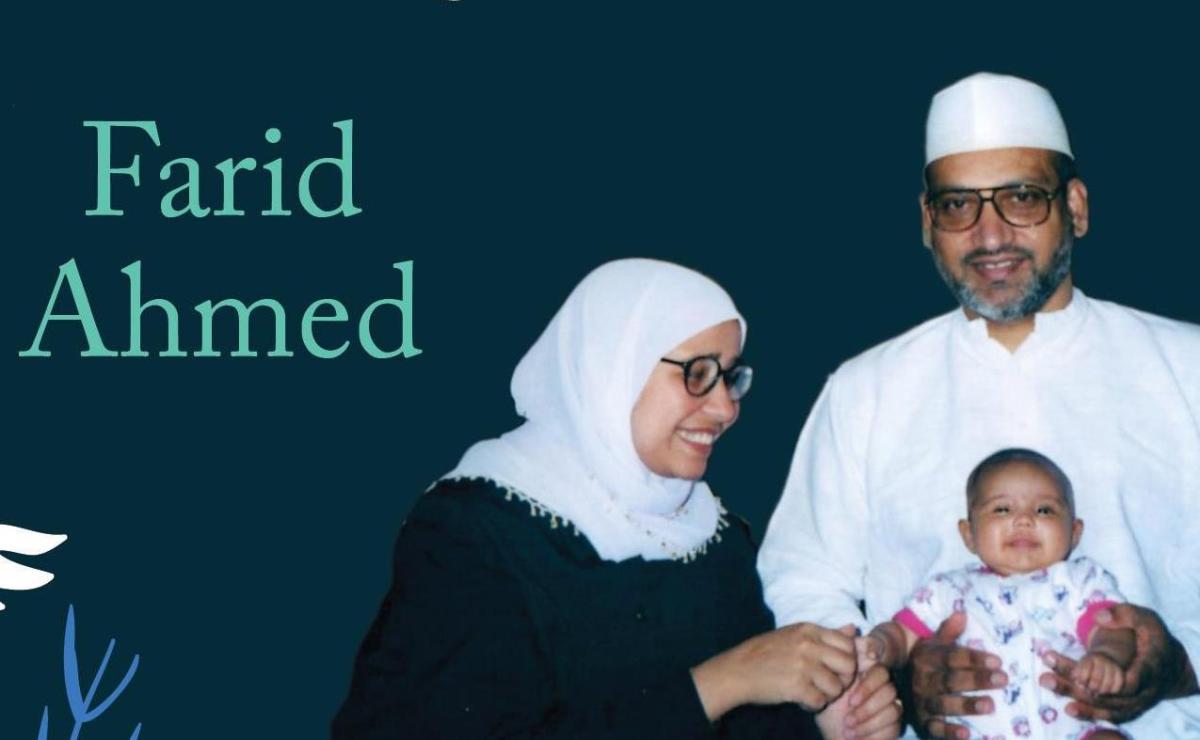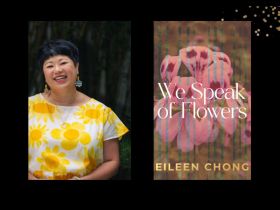As the subtitle of this book implies, Husna’s Story covers a number of subjects. One of these is the Christchurch massacre in which 51 people were killed and 49 people were injured in March 2019. Another is the story of Farid Ahmed and his wife, Husna, with the emphasis on Husna, who was murdered in the massacre; Ahmed was also at the Al Noor Mosque that day. The third topic – Ahmed’s ‘journey to forgiveness’ – reads like an extended sermon preaching the mercy and understanding that Ahmed demonstrates at some length that he practises.
The descriptions of Husna by Ahmed are those of a loving husband who sees even his wife’s shortcomings in a positive light and arguably as praiseworthy. That is not to belittle Husna who emerges from the pages as an unselfish person devoted to helping her local community in addition to caring for Ahmed after he becomes a paraplegic relatively early in their marriage. The many accolades to Husna at the end of the book by people she helped confirm the regard in which she was held. Undoubtedly, the world would be a much better place with more people like Husna in it, but that does not make the details of her life inherently interesting reading.
On the other hand, Ahmed’s account of the Christchurch massacre is riveting. He describes what he saw, how he behaved and what he felt by recounting minute-by-minute what he was thinking and doing at the time. He takes you through the horrors of the events as if you were there, and prompts you to marvel at the coincidences that saw him escape physical harm in spite of his personal bravery. This section is the highlight of the book.
The world has recognised Ahmed’s achievements in the face of adversity. He forgave the drunk driver responsible for putting him in a wheelchair for life. He forgave the person who murdered his wife and 50 others while they were worshipping in a mosque. At a remembrance service shortly after the massacre, Ahmed gives a speech foregrounding love and forgiveness.
‘Thanks to the media and the internet, that speech found an audience further afield than just my home city of Christchurch, and I soon received another invitation – this time, to attend an assembly in Washington, D.C. So, a few months later on 16 July, I found myself at the 2019 Ministerial to Advance Religious Freedom, as one of three speakers in the first segment of the first day. . . . Later, at the White House, I shook the hand of the President of the United States as a gesture of peace and harmony.’
Ahmed recalls giving similar speeches as far afield as the Netherlands and the United Arab Emirates. His message is a worthy one, and a fair part of this book is focused on it. Because Ahmed’s message of love and forgiveness is so important and because it comes from someone who has shown they can forgive even the most horrendous of crimes, any criticism of his style of communication could be misunderstood as a criticism of his message. But because Ahmed tends to sermonise and is at times repetitive, his message gets blunted.
Unquestionably, Husna’s Story is a worthy addition to works on the Christchurch massacre. Doubtless it will be read by many who agree with Ahmed even if they do not necessarily share his strength of character. Whether this book will be read by those who still believe in an eye for an eye, though, is a matter for conjecture.
Rating: 3½ stars out of 5 ★★★☆
Husna’s Story by Farid Ahmed
Publisher: Allen & Unwin
ISBN: 9781988547480
Format: Paperback
Categories: Memoir, New Zealand & Australia
Release Date: 1 March 2020
RRP: $32.99






